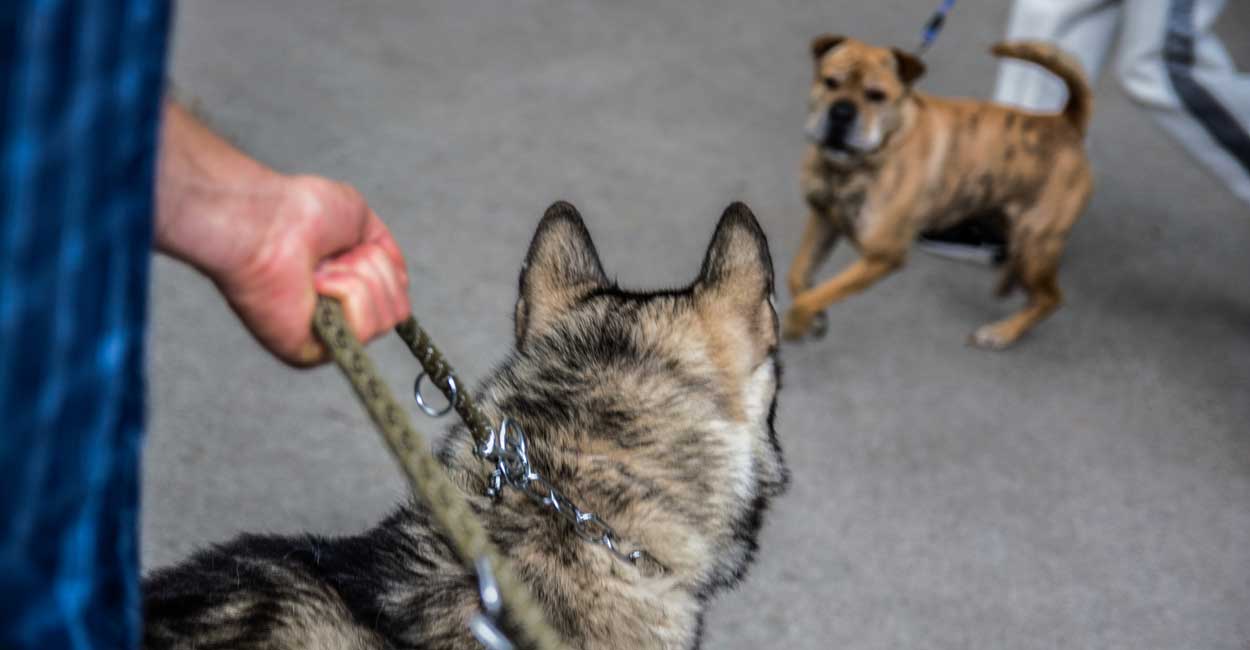
Tucker Pup's is a leading authority on training dogs with emotional challenges only through the use of positive reinforcement. We have numerous programs designed to help relax your dog and ease emotional distress, which causes issues such as resource guarding and leash reactivity.
Our Training Services for Anxious Dogs
Private Lessons at Your Home or Our Facility
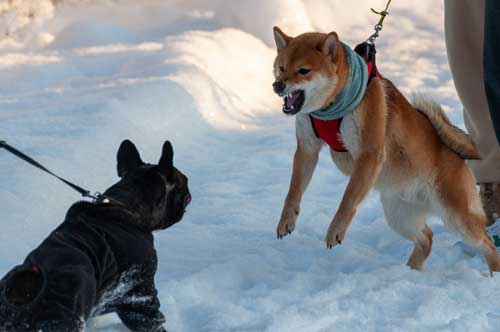
Reactivity Program
We can help your dog overcome intense, negative reactions to people or other dogs. This includes leash reactivity, stranger danger, dog-dog aggression, guest anxiety, resource guarding, and much more.
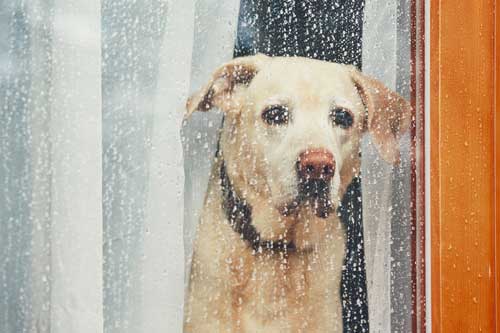
Separation Anxiety Program
We can help you improve your dog's separation anxiety so you can comfortably leave for longer and longer periods of time.

Anxious Dog Program
We can help your dog build confidence and overcome fear-based challenges such as elevator anxiety, crate anxiety, noise sensitivity, environmental fears such as stairs, scary objects, touch sensitivity, getting into cars, and more.
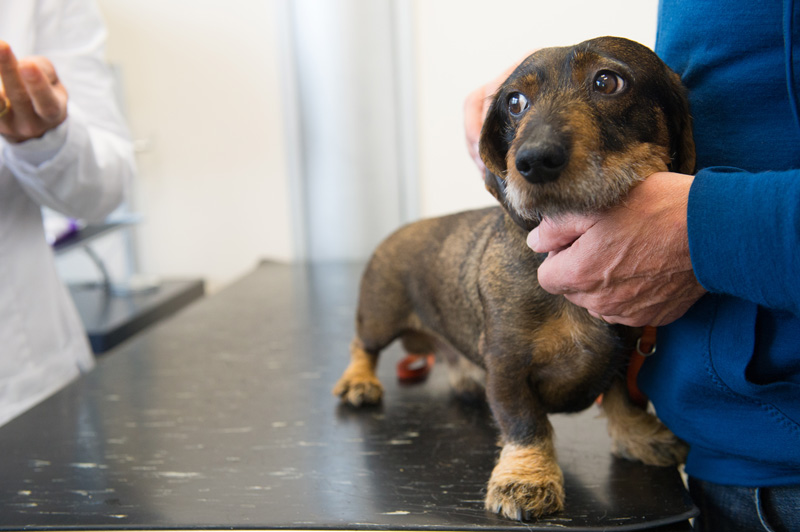
Vet and Grooming Anxiety Program
We can help your dog reduce anxiety about going to the vet or grooming, or receiving care at home.
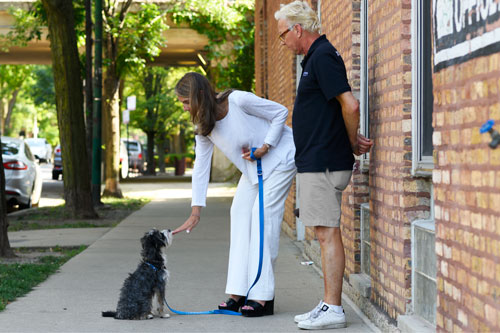
Custom Training
Want to work on something not mentioned above? We can help with you practically anything related to dog behavior - just ask!
Group Classes
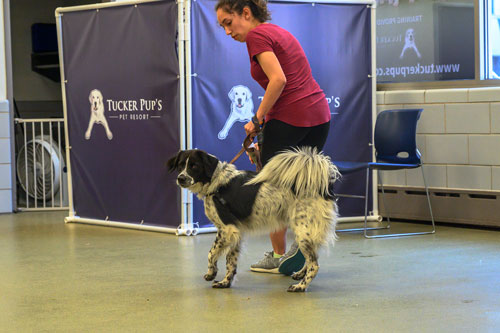
Leash Reactivity Classes
Our Leash Reactivity classes can help your dog dial down the fear around other dogs. Dogs in the class stay behind our large barriers until we desensitize them to the others in the room. Can work wonders!
